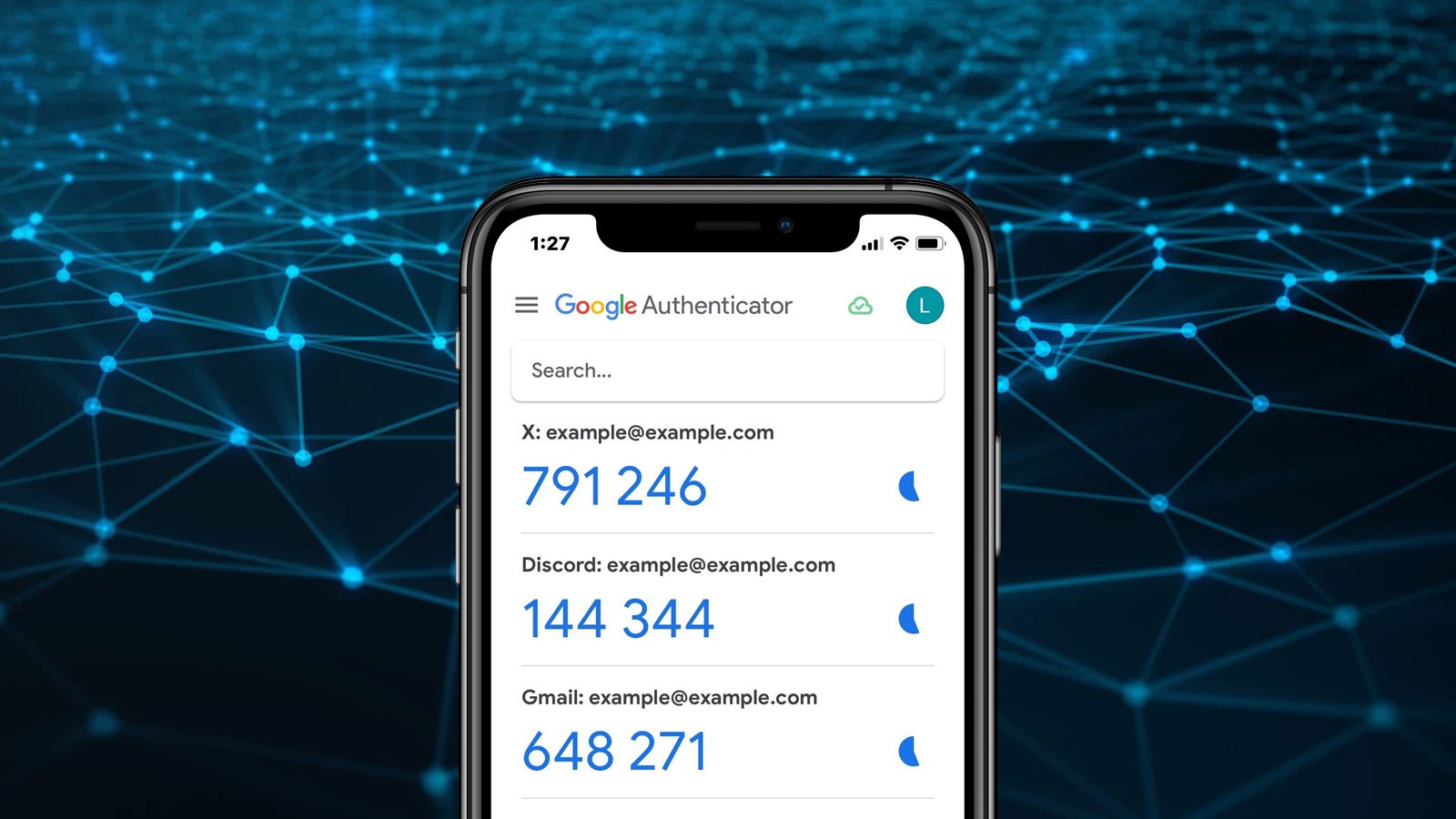
July 31, 2024 at 01:48PM
Google’s ad platform has been manipulated by threat actors to display fake Google Authenticator ads, distributing the DeerStealer malware. Malicious ads impersonate trusted sites, presenting a challenge for detection. Despite efforts to block malicious advertisers, threat actors continue to evade detection through URL cloaking. Clicking on the ads leads to downloading the malware, posing a risk to users.
Based on the meeting notes, the following key takeaways can be generated:
1. Google has fallen victim to its own ad platform, enabling threat actors to run malicious ad campaigns, particularly creating fake Google Authenticator ads that distribute the DeerStealer malware.
2. Malicious advertising (malvertising) campaigns have consistently targeted the Google search platform, with threat actors impersonating well-known software sites and installing malware on user devices.
3. Threat actors have been able to create Google search ads displaying legitimate domains, adding a sense of trust to their advertisements.
4. Malwarebytes discovered a new malvertising campaign where legitimate domains were cloaked to impersonate Google Authenticator, leading to the distribution of the DeerStealer malware.
5. Google has been ineffective in detecting imposter ads, despite efforts to block reported fake advertisers and remove malicious campaigns.
6. Threat actors evade detection by creating numerous accounts simultaneously, using text manipulation and cloaking to deceive reviewers and automated systems.
7. In 2023, Google took action by removing 3.4 billion ads, restricting over 5.7 billion ads, and suspending over 5.6 million advertiser accounts.
8. The fake Google Authenticator ads lead users to deceptive landing pages, such as “chromeweb-authenticators.com,” impersonating genuine Google portals and triggering downloads of signed executables hosting the DeerStealer malware.
9. The DeerStealer malware, once executed, steals credentials, cookies, and other browser-stored information.
10. Recommendations for users include avoiding clicking on promoted Google Search results, using an ad blocker, bookmarking official software project URLs, verifying the domain before downloading files, and scanning downloaded files with an up-to-date antivirus tool before execution.
These takeaways provide a clear and succinct summary of the key points from the meeting notes regarding the malvertising campaign and its impact on Google’s ad platform.